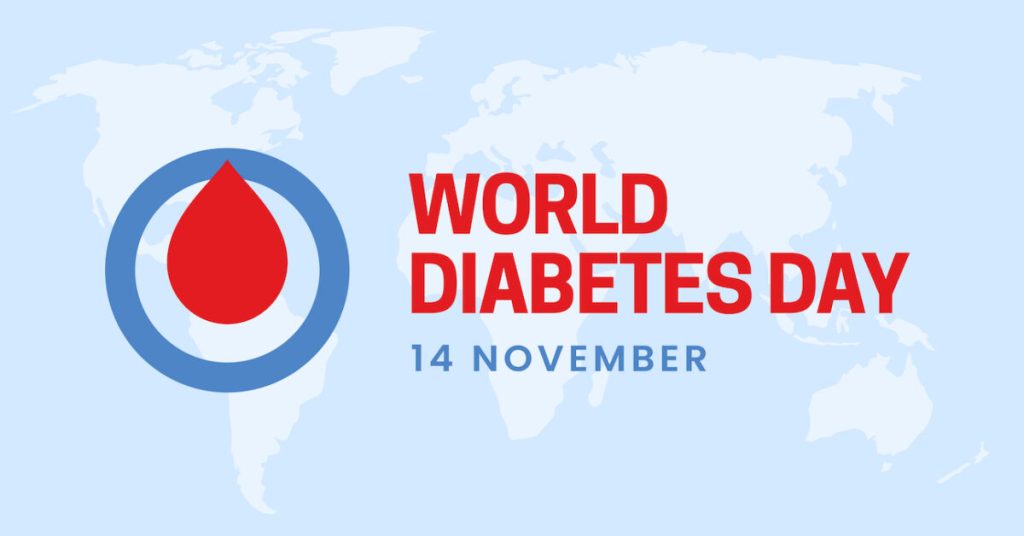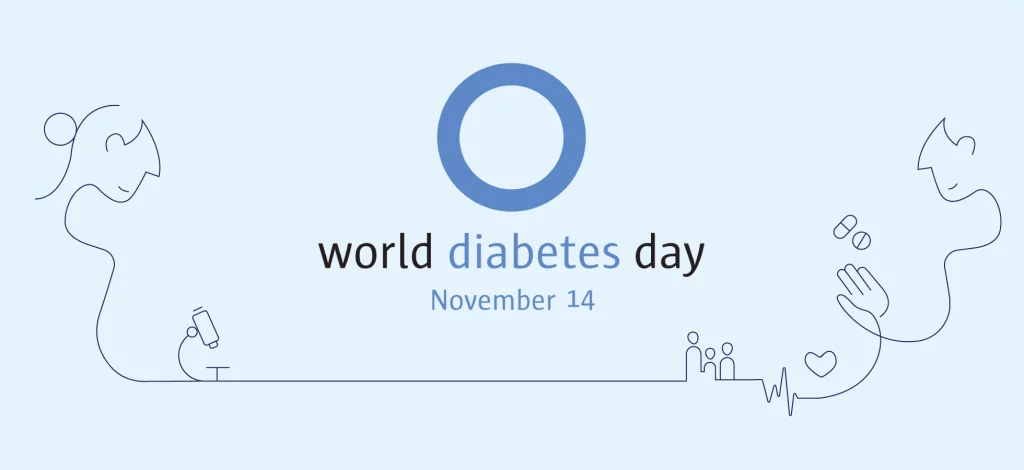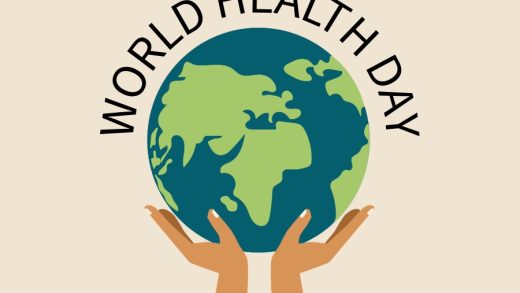November 14th serves as a reminder for us to focus on an increasingly common and significant chronic disease—World Diabetes Day. This day was established due to a grave warning: diabetes is spreading rapidly across the globe, posing a serious threat to human health and requiring global attention and action. Originally initiated in 1991 by the World Health Organization (WHO) and the International Diabetes Federation (IDF), it is recognized as World Diabetes Day.

Diabetes isn’t just a medical term; it’s a condition that affects hundreds of millions worldwide. It’s characterized by the body’s inability to effectively use glucose in the bloodstream due to either insufficient insulin production or cellular resistance to insulin. Chronic high blood sugar levels can lead to severe complications such as vision loss or blindness, kidney disease, neuropathic pain or numbness, increased risks of heart attacks and strokes, as well as foot problems—all significantly diminishing quality of life or even posing life-threatening risks.
Given its widespread impact and severity, stronger global action against diabetes has become imperative. In late 2006, recognizing this need for heightened response at governmental levels globally, the United Nations officially renamed “World Diabetes Day” as “United Nations Diabetes Day,” effective from 2007 onwards.

The choice of November 14 holds special significance—it’s Sir Frederick Banting’s birthday. Alongside Charles Best and others, Banting discovered insulin—a groundbreaking milestone in diabetes treatment that has saved countless lives since its discovery.
United Nations Diabetes Day aims to enhance global understanding about diabetes—its risk factors like poor diet, lack of exercise, obesity—and underscore early diagnosis’s importance alongside effective management strategies. Prevention remains crucial; lifestyle changes can prevent or delay type 2 diabetes onset for many individuals while proper management helps those already diagnosed maintain control over their condition.
November 14 serves as a reminder about vigilance towards diabetes—emphasizing knowledge dissemination coupled with proactive measures globally supported by government policies alongside ongoing medical research efforts ensuring healthier lives for more people worldwide through united action against this pervasive disease.


